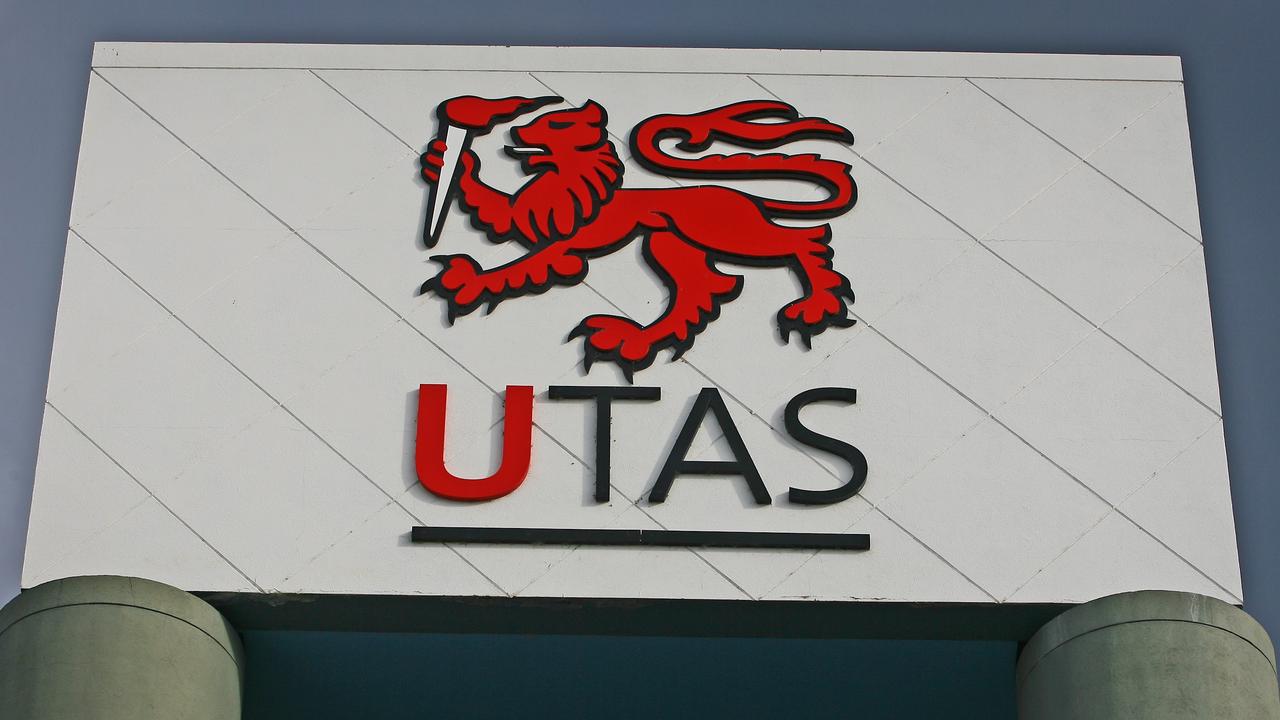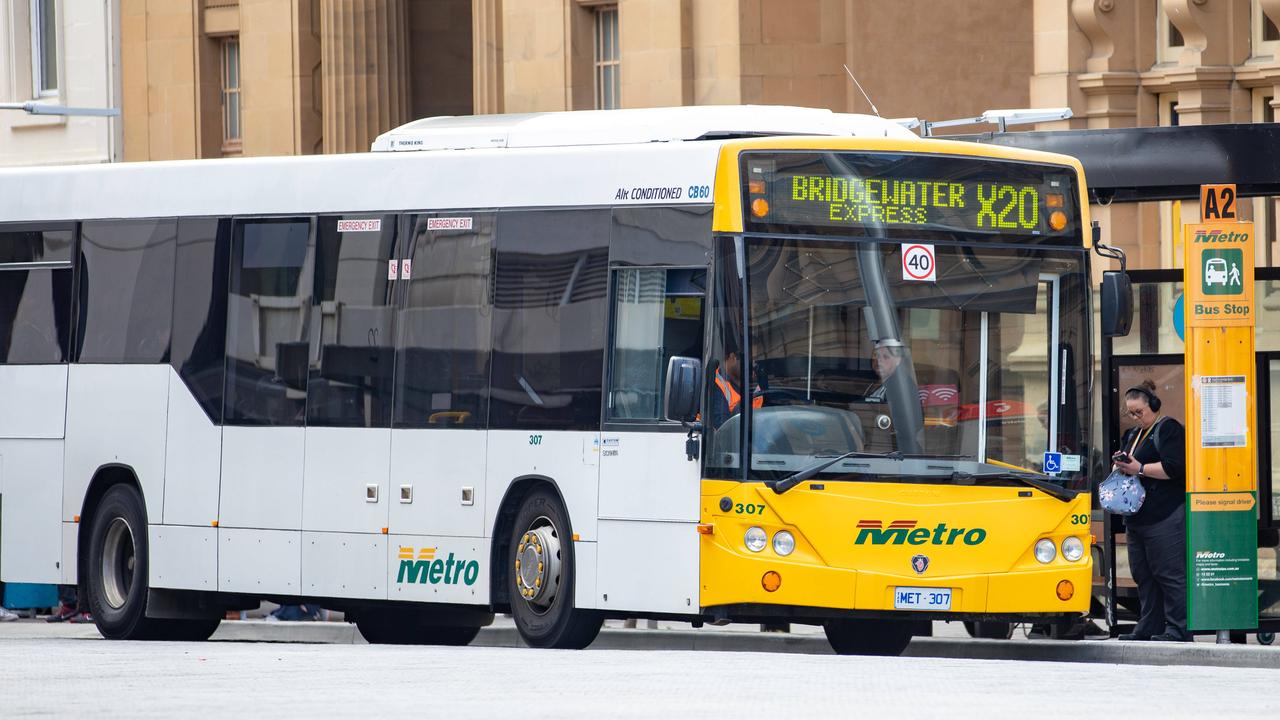Saul Eslake casts doubt on Tasmania’s economic outlook
‘There is more chance of spotting a thylacine on my front lawn’: A leading economist is concerned about Tasmania’s rising debt.
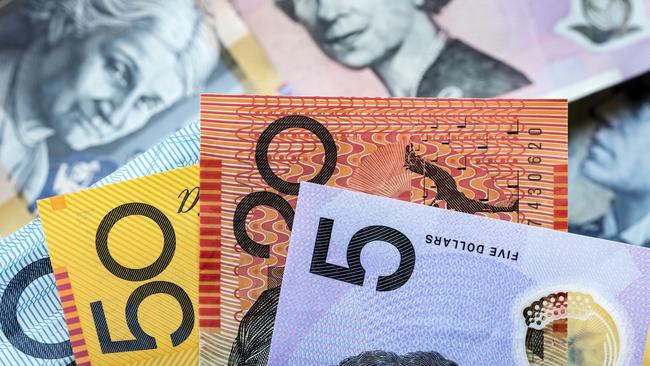
Politics
Don't miss out on the headlines from Politics. Followed categories will be added to My News.
A leading economist says the government has no “obvious path” back to a cash surplus – but the Treasurer says Tasmania is in a sound economic position.
Saul Eslake said he suspected Treasury’s September quarter report, which showed the government with a $620m deficit, was bigger than usual because it would have included cash payments to survivors of child sexual abuse.
He expects the December quarter figure to be better but has concerns about the future.
“The key point is that the four-quarter moving totals – which ‘get around’ seasonal fluctuations in the quarterly accounts – are all headed in the wrong direction,” Mr Eslake said.
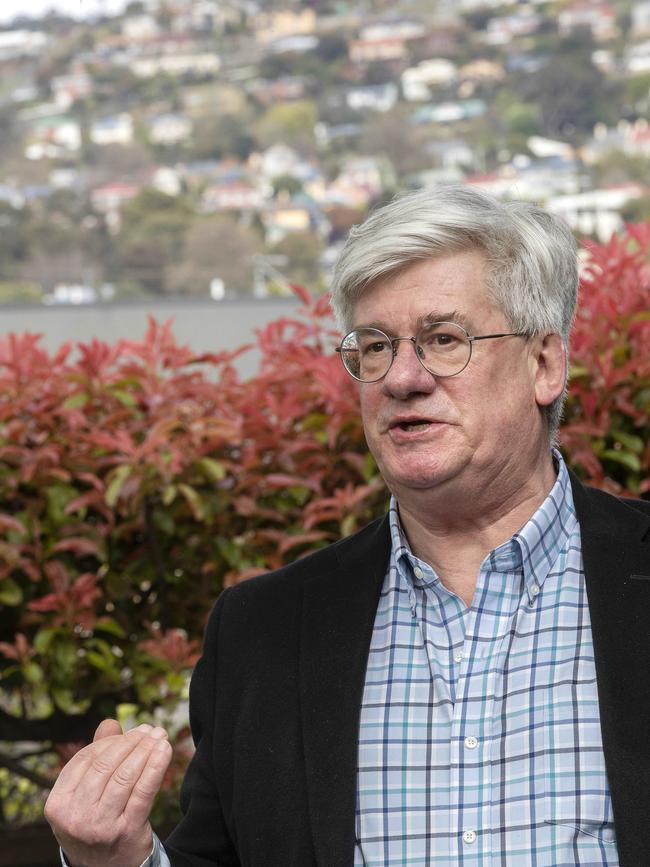
“There is no obvious path back to surplus evident here – and in particular, there’s no apparent path back to a cash surplus, which is what is needed if the government is to stop adding to debt, let alone begin to repay some of it.
“Even if the government does succeed in returning the ‘net operating balance’ to surplus by 2029-30 - as they claim they will, although they haven’t said how - that won’t stop them from continuing to run up debt, let alone to start repaying it.
“The only way that can be done is by running cash surpluses.
“There is more chance of me spotting a thylacine on my front lawn of a morning than there is of them ever doing that, on current policy settings.”
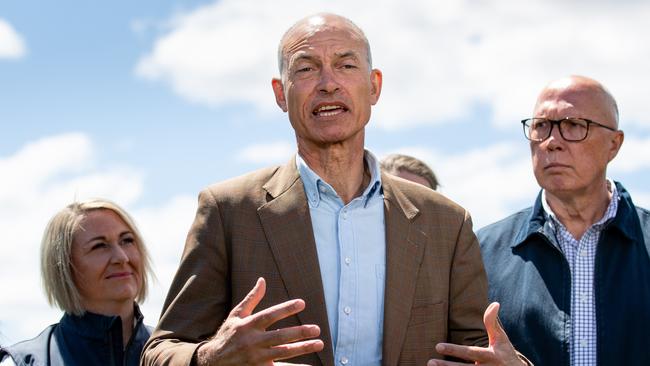
Treasurer Guy Barnett remains upbeat about the state’s economy.
“We have close to the lowest level of debt-to-revenue of all the states, and the interest we pay on our debt as a proportion of our budget is the second lowest in the nation,” he said.
“Our debt level is reasonable and manageable and we have a sensible pathway to surplus.
“We could slash and burn and get there sooner, but our Liberal Government won’t be doing that.
“We are carefully balancing the need to deliver cost-of-living relief, investment in health, housing, education, and infrastructure with manageable levels of debt.”
Mr Eslake said ever-increasing debt meant cuts to spending to cover it.
“So claiming that everything is ok because ‘our 2030 strong plan has a [net operating] surplus in 2029-30’, even though we haven’t shown any numbers past 2027-28, amounts to saying, ‘if you ignore all the bits that are bad, everything is good”. Which defies credulity,” he said.
“The longer the government puts off taking ‘corrective action’, to put the budget on a credible path back to cash surplus, the harsher the required increases in state taxes or cuts in spending will eventually have to be – as Treasury has warned in 2016, 2019, 2021 and 2024 and as I warned in my Independent Review of State Finances.”


